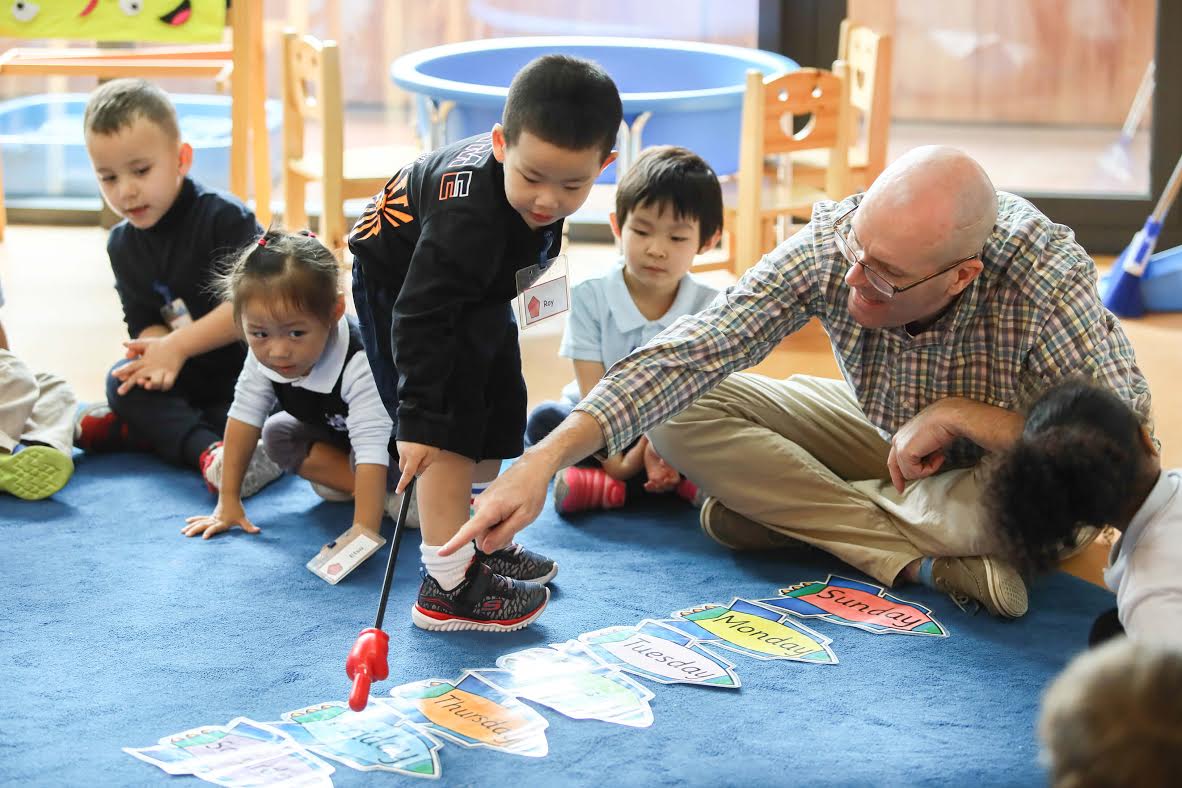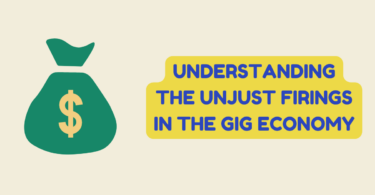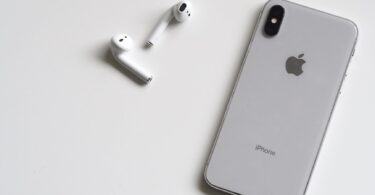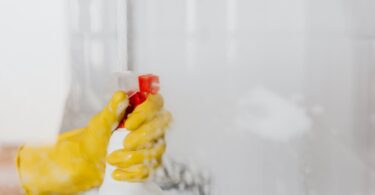
Child Oral Care in NSW
If you are a new parent living around Western Sydney, you are most likely considering an appointment at a liverpool dentist to get your child’s oral health examined. The recommended age for the first visit is 12 months. However, the average age for the first dental visit in Australia is 5-9 years after the child has exhibited dental decay. Parents are not following suggestions, and this is impacting the child’s oral health.
Read on to know how you can recognise and prevent tooth decay in your child.
What is tooth decay?
Early Childhood Caries (ECC), a form of tooth decay, is a process that can lead to cavities in the tooth structure. It is a common disorder that can occur in children between the ages of 0-6. 40% of children in NSW aged between 5-6 years show evidence of tooth decay. Although preventable, if contracted and left untreated, it can be devastating. The child may require hospitalisation and dental treatment under general anaesthesia.
If ECC progresses to cavities and early tooth loss, it could impact the child’s self-esteem, eating habits and ultimately lead to the wrong positioning of permanent teeth.
How to recognise ECC?
During the first year after teeth erupt in a child regularly check for small white lesions running along the gum line. At this stage, a fluoride treatment can reverse the decay. For a young child, lift her lip and check for the presence of plaque, white spot lesions and holes. Healthy gums are pale pink and moist. The teeth are smooth, free of plaque and whitish.
When should you contact your dentist?
Contact your dentist within a month if you see white deposits on the upper row of teeth close to the gum line. Make an appointment within a week if you see brown spots and patches on the teeth. Visit your dentist immediately if the teeth look brown and cavity-ridden.
What are the contributing factors?
ECC is more prevalent in certain sections of children. Read on to see if your child falls into a high-risk category or not.
- Is there any previous caries incidence in your older children?
- Does your child need sugar-containing medication? Or, is your child frequently exposed to sugars between meals?
- Does your child suffer from gastric reflux?
- Do you frequently, and for extended durations, give your child a bottle/sippy cup containing juice or carbonated beverage?
- Is the water you give your child non-fluoridated?
If you answered “yes” to more than 3 of the above questions, your child is at high risk of tooth decay, and you should make an appointment with your dentist soon.
What preventive measures can you take?
Bacteria that cause ECC are not present at birth. Most often, a mother transmits it to her child when she places food, utensils, and pacifiers into her own mouth and then into the child’s mouth. Therefore, it is crucial that you get your oral health thoroughly examined if you are a new mother.
It goes without saying that you must promote good oral Hygiene. The NCOHS revealed that only 68% of Australian children brush their teeth daily. Use a good quality toothbrush and recommended toothpaste. Encourage your child to brush twice a day.
Take advantage of the CBDS: The NSW government’s Child Dental Benefits Schedule scheme allows you to avail free dental care for your child(aged 2-17 years) and claim benefits up to $1000. Do contact your dental practitioner to learn more about the same.
Create a positive image about dental visits. A good liverpool dentist should help your child feel comfortable about the visit. Committed dentists go to the extent of installing televisions on the ceiling to distract children during examinations and procedures.
Oral health is of utmost importance to a child’s physical and psychological well-being. And as in any healthcare routine, prevention is always better than cure. Take your child to the dentist at the earliest for a healthy set of teeth and gums.
Author: Alison Lurie






